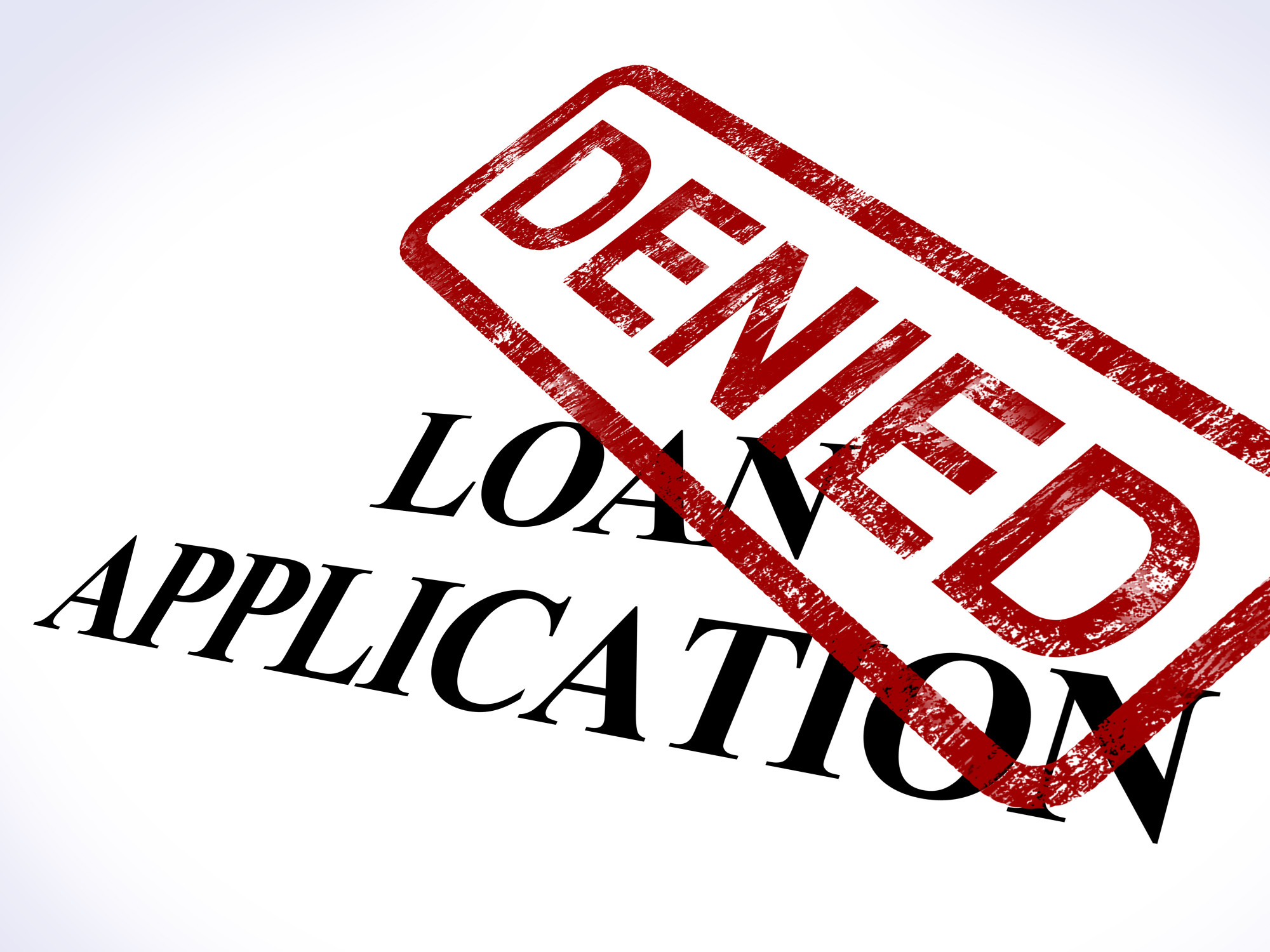About 77% of American households have at least some type of debt. A mortgage is an essential part of being a homeowner as is paying off a car loan, credit card, and personal loans.
But, not every person can get approved for a loan. Whether you feel it’s your credit history, income, or outstanding debt, there are many reasons why lenders will decline your loan application. But what do you begin to have thoughts of why can’t Iget approved for a loan?
There’s no question it’s frustrating, but there are a few things you can do to increase your odds of being approved. If you’re trying to get a mortgage and need to know how to get approved for a loan, read this article today for help.
Contents
Unfavorable Credit History
Unfavorable credit history is a person’s history of not making payments on time or not paying back their debts. It can be caused by having too many debts, late payments on loans, or using too much of the available credit on credit cards. This can affect a person’s credit score, which can make it difficult to get a loan, get a credit card, or even rent an apartment.
A lender can be hesitant to provide someone with a loan if they have an unfavorable credit history, as they may be viewed as risky and default on payments. In particular, individuals who have had recent delinquencies, charge offs, and bankruptcies are more likely to be viewed as having an unfavorable credit history. Improving credit scores is possible, but it can take some time to repair and rebuild credit.
Unsatisfactory Income
Unsatisfactory income is a situation in which an individual’s income is not enough to meet his or her financial needs and goals. One way to increase income is to explore potential job opportunities that can provide a higher salary. Additionally, taking on side jobs or starting a small business can provide a short-term income boost. Making a budget and tracking expenses can also help an individual make the most of an unsatisfactory income and create a plan to focus on saving for the future.
Excessive Debt
Having excessive debt can be a stress filled and overwhelming experience. It can be difficult to manage your finances and can lead to feelings of depression and anxiety. Debt affects all aspects of life, from daily stress from creditors calling to financial ruin if not addressed.
It can get to the point where you are unable to afford basic necessities such as food and clothing. Having excessive debt can leave you feeling like you are walking with your head bowed and your shoulders slumped, carrying the weight of the world around.
Making a plan and having a realistic budget to begin paying off debt is the most important thing. Don’t wait until it’s too late, take control and start today.
Unsteady Employment
Having unsteady employment can be a worrying and stressful experience. Many jobs, particularly in the hospitality and retail industry, don’t guarantee regular hours or shifts. This can be hard to manage if you’re relying on steady wages to pay for necessities like rent and bills.
Unsteady employment can also impact your ability to save, plan for the future, or take on other commitments. Furthermore, the lack of consistency can make it challenging to plan for career growth and development.
There are ways you can cope with having unsteady employment. It’s important to be organised and have a clear budget that you can work around. Having contingency plans in place is also essential, such as knowing whom to reach out to if money is tight. Seeking advice and support from peers and specialists is also beneficial in managing your finances.
Poor Collateral
Having poor collateral is a major hindrance obtaining credit. Collateral is an asset that can secured if the borrower is unable to repay the loan. Poor or limited collateral can hamper in accessing large amounts of funding, having a major impact on the ability to take advantage of economic opportunities.
Businesses may have limited assets that can secure a loan, or have have little wealth to provide as collateral. People with poor credit histories or low income may also be limited in the options of collateral given.
Proper planning and research is essential for those looking for credit with poor collateral. You can visit fastloandirect.com for assistance.
Strategies for Increasing Your Chances of Loan Approval
One of the best strategies for increasing your chances of loan approval is to make sure that your credit score is as high as possible. Knowing which loans you qualify for and meeting their basic requirements can increase your chances of approval. You should make sure you have a steady job and income that is enough to cover the loan payment, which will increase your odds at being approved for a loan.
A strong credit rating and a track record of good credit will help to guarantee loan acceptance. Develop a plan to handle any debt or bad entries on your credit report by speaking with a loan officer or financial advisor. They might offer guidance on how to improve your credit score as they check the loan.
The Most Common Reasons Why Loan Applications Get Denied
Being knowledgeable about the thoughts of most common reasons why can’t I get approved for a loan is very important. To gain more insight into the loan process, contact an experienced lender who can help answer questions and guide you through the process.
It is clear that lenders look for specific criteria when approving a loan application. When applying for a loan, it is important to take the necessary steps to ensure all requirements. Failing to meet these criteria can result in a loan application rejection. Although a denied application can be discouraging, there are steps
Check out our other blogs for more information!





